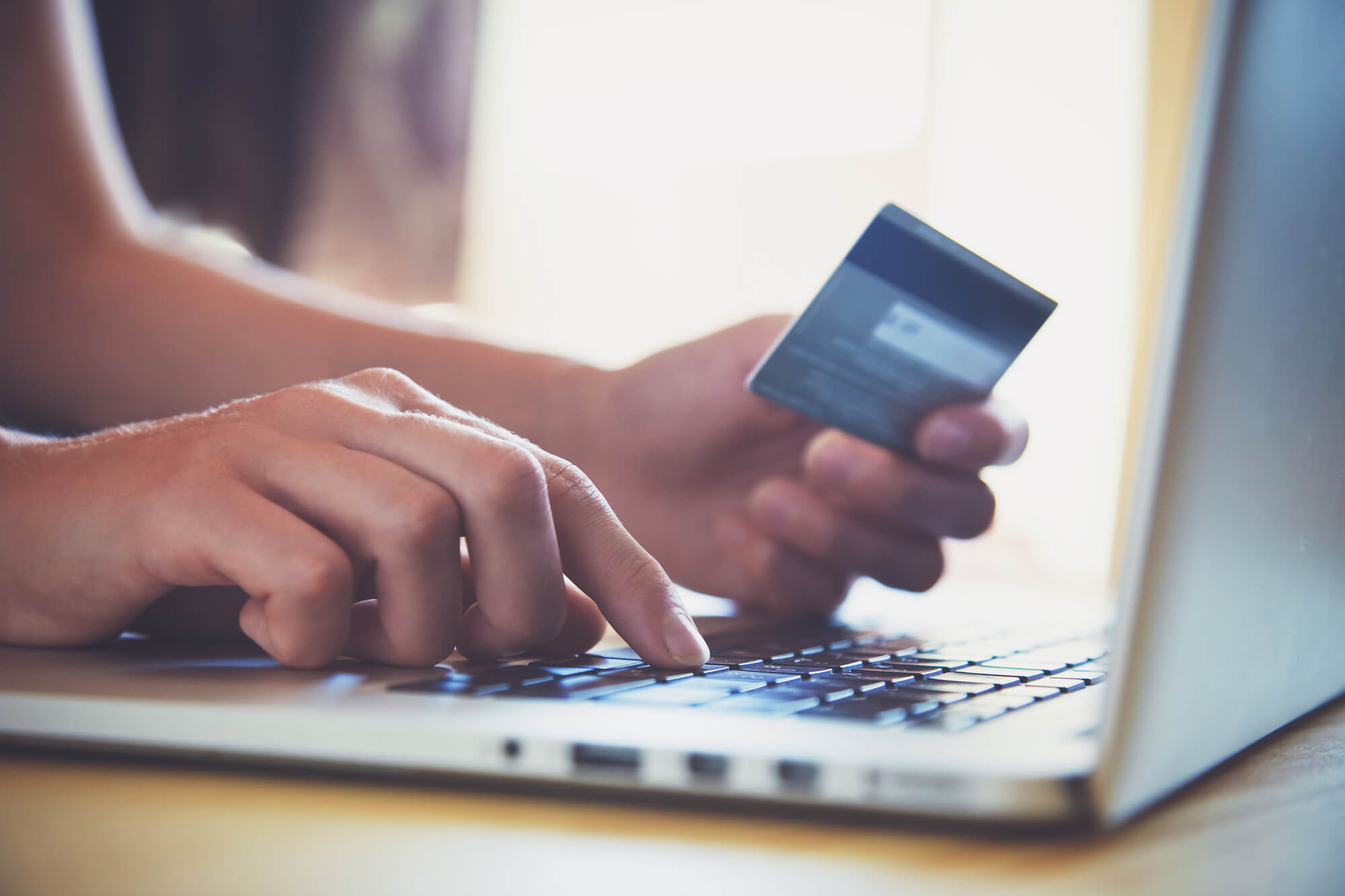It’s the end of the month, and you’re running low on funds to cover your essential expenses, such as rent, groceries, and bills. You turn to your trusty credit card to fill the gap. However, did you know that relying on your plastic friend for necessities can lead to a dangerous cycle of debt? Luckily, countless people relying on credit cards to pay for essentials can schedule nonprofit credit counseling before things quickly spiral out of control.

The Dangers of Relying on Credit Cards for Essential Expenses:
High-Interest Rates
Credit cards often come with high-interest rates. If you don’t pay off your balance in full each month, you’ll pay more in interest charges over time. Failing to pay off the balance can quickly lead to a cycle of debt that is difficult to break.
Hidden Fees and Charges
Credit cards also come with hidden fees and charges, such as annual fees, balance transfer fees, and cash advance fees. These fees can add up quickly and make it even harder to pay off your balance.
Potential for Increased Debt
Using credit cards to pay for essentials can also lead to increased debt over time. If you’re not careful, you can quickly accumulate a large balance that is difficult to pay off.
Negative Impact on Credit Score
Using credit cards too heavily can also hurt your credit score. Your credit utilization ratio, which measures the amount of credit you’re using compared to your total available credit, is an important factor in determining your credit score. If you’re using too much of your available credit, it can lower your score.
Risk of Defaulting on Payments
You risk defaulting on your payments if you don’t pay off your credit card balance. Defaulting on credit card payments can have serious consequences, including damage to your credit score, late fees, and even legal action.
Alternative Solutions to Using Credit Cards for Essential Expenses
Creating and Sticking to a Budget
Creating a budget can help you better understand your income and expenses and make it easier to prioritize your spending. By sticking to your budget, you can avoid overspending and ensure you have enough money to cover your essential expenses without relying on credit cards.
Seeking out Lower-Cost Options for Necessary Expenses
Another option is to seek out lower-cost options for necessary expenses. For example, you could shop at discount stores or buy generic brands to save money on groceries. You could also look for ways to reduce your utility bills, such as turning off lights and appliances when not in use.
Utilizing Emergency Funds or Savings Accounts
Having an emergency fund or savings account can also be helpful when it comes to covering essential expenses. By saving up money ahead of time, you can avoid relying on credit cards when unexpected expenses arise.
Seeking Financial Counseling or Assistance
If you’re struggling to manage your finances or pay off your credit card debt, seeking financial counseling or assistance can be a good option. A financial counselor can help you create a plan to get out of debt and manage your finances more effectively.

Do You Need Nonprofit Credit Counseling?
While credit cards may seem like a convenient solution for covering essential expenses, there are many dangers to relying on them too heavily. DebtHelper.com is an IRS-approved 501c3 Nonprofit Florida Corporation dedicated to its mission to educate, advise, and empower individuals to handle debt. Contact us today to make an appointment and explore your options for free debt counseling.





